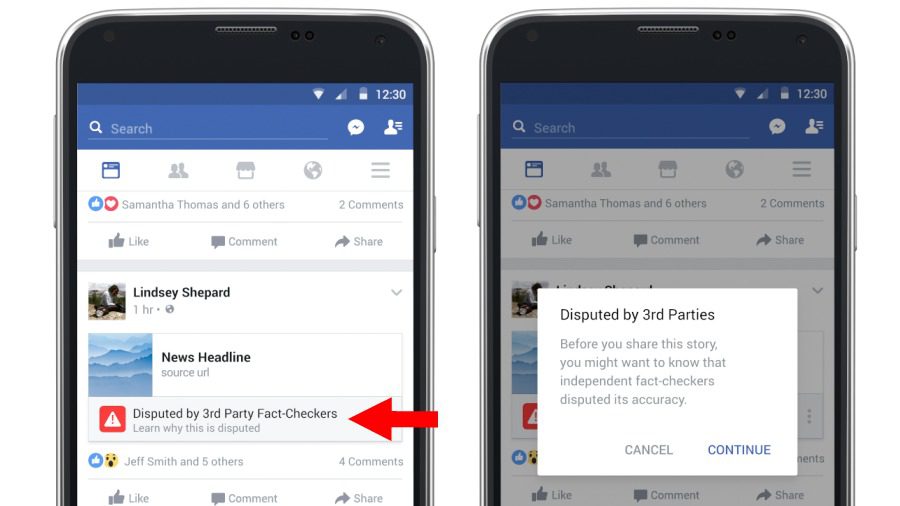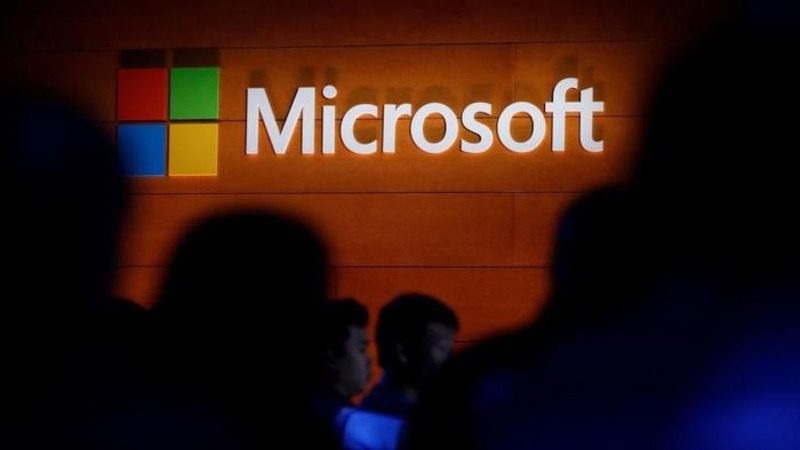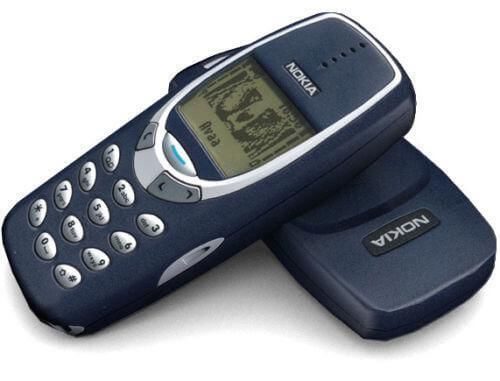Facebook is continuing its fight against fake news on its platform by extending its Third-Party Fact-Checking Programme to Nigeria. This it hopes would help in assessing the accuracy of news in Nigeria, examining for any doctored elements and improving the quality of news people find on its platform.
📰 When false news spreads on Facebook, people and even countries can face real harm. @AfricaCheck has partnered with Facebook in #SA, #Kenya & now #Nigeria to help stop the flow of fake & damaging content: https://t.co/BzXymAJ9WS
— Africa Check (@AfricaCheck) October 16, 2018
The third-party programme, was originally launched by the social network in April, first in France and later extending it to 14 other countries including India. This new expansion sees the programme introduced into Nigeria, South Africa and Kenya. The expansion was carried out in partnership with Africa Check; Africa’s first independent fact-checking organisation and French media company, AFP. Both partners are part of a global network of fact-checking organizations certified by the non-partisan International Fact-Checking Network.
How Does the Programme Work?
Facebook’s fact-checking programme relies on feedback from the Facebook community as one of many signals Facebook uses to raise potentially false stories to fact-checkers for review. Articles written locally will be fact-checked alongside photos and videos. If any story, image or video is identified as false, Facebook will show such content lower on its News Feed, significantly reducing its distribution.


More than that, when a third-party fact-checker flags a news story as false, Facebook will display the following warning immediately below the story in News Feed: DISPUTED BY 3rd PARTY FACT-CHECKERS.
Page Admins and users will also receive notifications disputing the accuracy of a news story they are trying to share. They would also get a notification if a story that has already been shared in the past has been determined to be false, thus empowering people to decide for themselves what to read, trust, and share.
As a check for pages that repeatedly spread false news stories, they would see their distribution reduced and will lose the ability to advertise or make money off ads.
"Facebook is the biggest newsroom in Nigeria, and thus has a responsibility to work with media institutions on fact checking. Combined readership of Nigerian newspaper today is about 150,000 but Facebook has a reach of at least 12 million." – @DapsyOly #IFF2018
— 'Gbénga Ṣẹ̀san (@gbengasesan) April 24, 2018
Speaking on the extension to Nigeria, Akua Gyekye, Facebook Public Policy Manager, Anglophone West Africa said,
“Nigeria is important to us and we’re committed to taking our responsibility seriously in tackling the spread of false news. We know that there is no silver bullet, and believe that a multi-pronged approach is the best strategy, and a key solution is identifying and demoting false news.”
This programme would prove very useful to Nigerians, considering the massive surge in misinformation on social media experienced in the last few months. But with this, Facebook would ensure its 17 million Nigerian users will start seeing less content that may be socially harmful.






